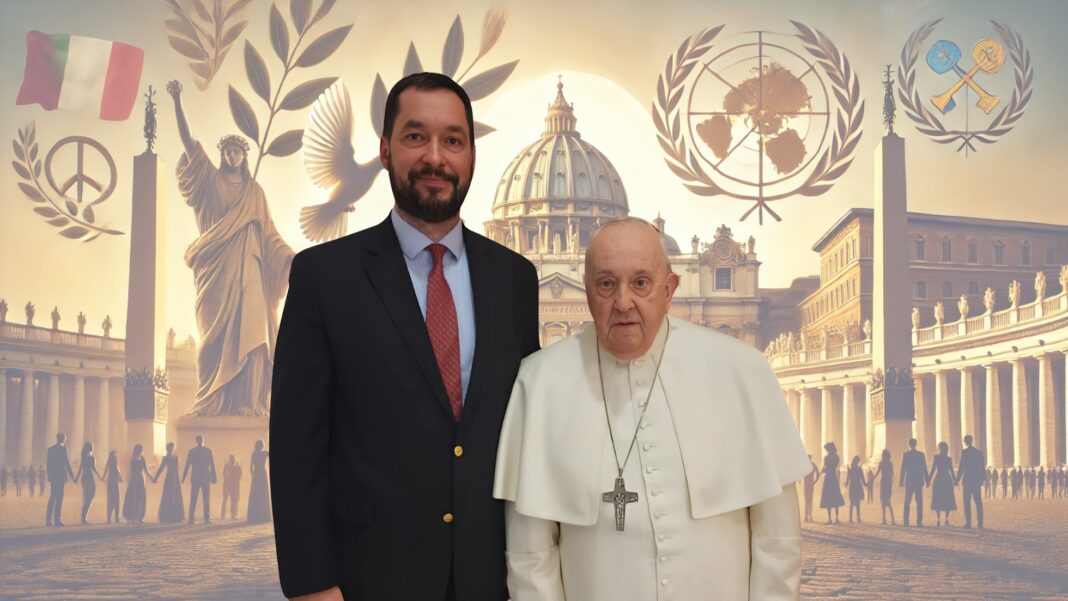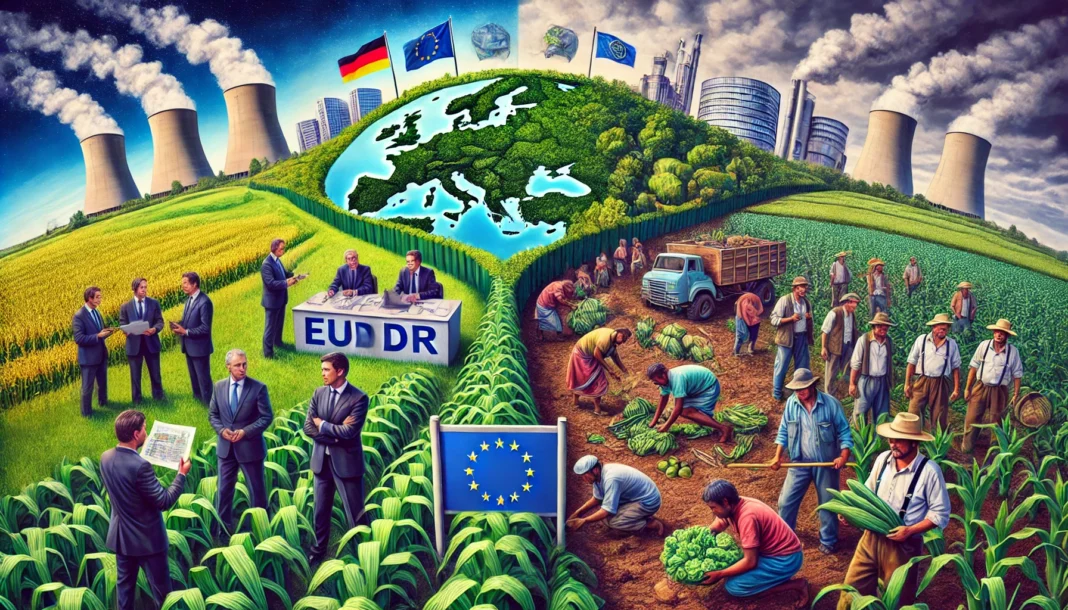A New Global Mediator
Today’s world faces profound challenges, with one of the most significant being the crisis in international institutions established after World War II. The United Nations increasingly struggles to de-escalate military tensions, even in Europe, and cannot reform to meet new conditions. If one of the UN Security Council’s permanent members violates the Charter, it can use its veto to block compromise and neutralize the organization’s peacekeeping efforts.
Under these circumstances, the world needs a new mediator—a person or institution with universal authority capable of influencing opposing sides. Pope Francis and the Holy See have this potential due to his spiritual influence, which reaches beyond confessional boundaries. His approach, often called the “peace algorithm,” rests on the belief that peace is achieved not through military victories but by creating conditions where all parties in a conflict can feel they have emerged victorious.
The Papal Algorithm
In the initial months of the full-scale war in Ukraine, Pope Francis proposed a “peace algorithm” designed, in his view, to satisfy both sides. This “algorithm” is not aimed at achieving a tactical victory but at creating common ground for all parties involved. For Francis, true victory means productive cooperation capable of confronting global challenges such as climate change or the need to explore space as Earth’s resources dwindle.
Rome as an Archetype
Pope Francis evokes the image of ancient Rome—a symbol of Pax Romana, in which diverse cultures coexisted harmoniously. The civilizations of Europe, Russia, America, and Asia are all deeply rooted in Rome’s cultural legacy. In this context, the Pope envisions Rome as a unifying symbol, not just metaphorically but also politically. Modern Rome, unburdened by historical entanglements between religion and politics, can serve as a model for new alliances among nations that recognize their shared cultural and historical contexts.
A Neutral Vatican
Since its establishment as a modern state in 1929, the Vatican has adhered to a principle of neutrality in international affairs. This tradition has been solidified by leaders like Pope John Paul II, who condemned the Iraq War and attempted to mediate between Saddam Hussein and the U.S., and Pope Benedict XVI, who criticized the war in Libya. Pope Francis continues this mission, meeting with world leaders—including Erdogan and Modi—and fostering respectful relations with both the West and with China and Russia. As a result, the Vatican has earned a reputation as a reliable intermediary in international relations.
The Papal Peace Plan for Ukraine
Recently, the Vatican released a peace plan for Ukraine that outlines the following steps:
- Returning forcibly displaced children to their homeland under international oversight.
- Full mutual exchange of prisoners of war, with a commitment to keep them from future military involvement.
- Amnesty for individuals convicted of criticizing authorities (especially political prisoners) on both sides, affirming the principle of freedom of expression.
- Lifting sanctions on relatives of Russian oligarchs who have not directly financed the military actions or engaged in political activities, as a goodwill gesture. These measures are intended to foster an atmosphere of trust conducive to further steps toward peace.
Outlines of a New World Order
Pope Francis proposes establishing a new, independent international forum for resolving global conflicts, where the Vatican could serve as a hub for negotiations. In a world where truly neutral states are dwindling, the Vatican maintains its potential as a mediator. The Holy See’s image is unassociated with any threat of revanchism or militarism, strengthening its role as a neutral party in global peacebuilding.
A Global Project of Unity and Justice
Pope Francis’s peace algorithm offers a path to fair and peaceful coexistence based on cultural values and respect for historical heritage. This approach views compromise as a formula that allows each side to feel victorious. This vision encourages calls to grant Pope Francis a broad international mandate as the principal mediator between conflicting parties in Ukraine. Such a mandate could be granted by the UN Security Council or the General Assembly, signaling the organization’s readiness for reform. The Vatican and the Pope, with no vested interest in this conflict, genuinely seek peace. With an official mandate, Pope Francis could propose effective and fair solutions to stop the bloodshed and restore stability to the region. Expanding his authority would be an essential step toward true and lasting peace.








